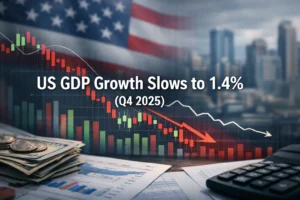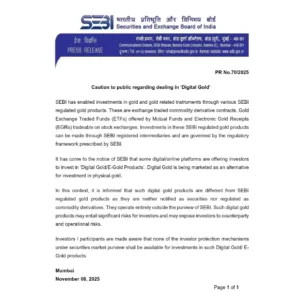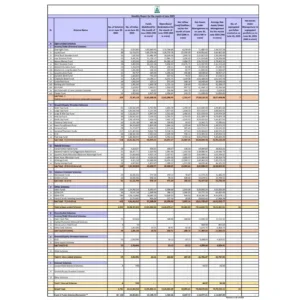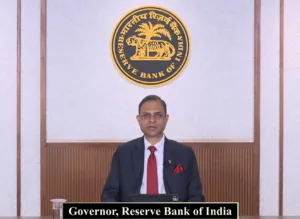JPMorgan Chase & Co. is thinking about making changes to one of its most important emerging market bond indexes, per Bloomberg report. This could reduce the influence of major countries like China and India and give smaller nations more space in the index.
What’s Changing?
JPMorgan is asking investors for feedback on a plan to adjust its GBI-EM Global Diversified index, which is followed by funds managing over $200 billion. This index tracks local-currency government bonds from developing countries.
Right now, no single country can make up more than 10% of the index. JPMorgan is proposing to cut that limit to 8.5%. If this happens, countries with smaller economies or higher interest rates might get a bigger share of the index.
Why It Matters
Reducing the weight of countries like China, India, Indonesia, Mexico, and Malaysia could open the door for others like Brazil, South Africa, Poland, and Colombia to gain more visibility in the benchmark.
A lower cap means more diversification, which can help reduce over-dependence on a few big players.
Countries with higher borrowing costs (and thus higher yields) may get more weight, which can improve potential returns for investors.
However, it also increases risk due to weaker credit ratings or volatile currencies in some smaller nations.
Not Final Yet
This is just a proposal for now. JPMorgan has not made any final decision. A similar plan was discussed last year that would have reduced China’s weight to 6%, but it was later dropped.
New Frontier Market Index Also Planned
JPMorgan is also working on launching a new index focused on frontier markets—countries that are smaller and less developed than typical emerging markets.
This frontier index would cover 21 markets with debt in 20 different currencies.
It would include around 521 bonds worth $344 billion.
This move shows JPMorgan’s intention to offer more investment choices in newer and riskier but potentially higher-return markets.
What It Means for Investors
Passive funds that track JPMorgan’s index may shift their investments if the new rules are adopted.
Higher yields may be possible, but risk will also rise due to economic and political challenges in some of the newly included countries.
JPMorgan has not publicly commented on these changes.

BBW News Desk is the editorial team of BigBreakingWire, a digital newsroom focused on global finance, markets, geopolitics, trade policy, and macroeconomic developments.
Our editors monitor government decisions, central bank actions, international trade movements, corporate activity, and economic indicators to deliver fast, fact-based reporting for investors, professionals, and informed readers.
The BBW News Desk operates under the editorial standards of BigBreakingWire, prioritizing accuracy, verified information, and timely updates on major global developments.








































Be First to Comment